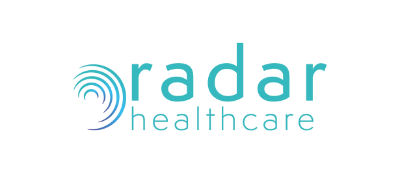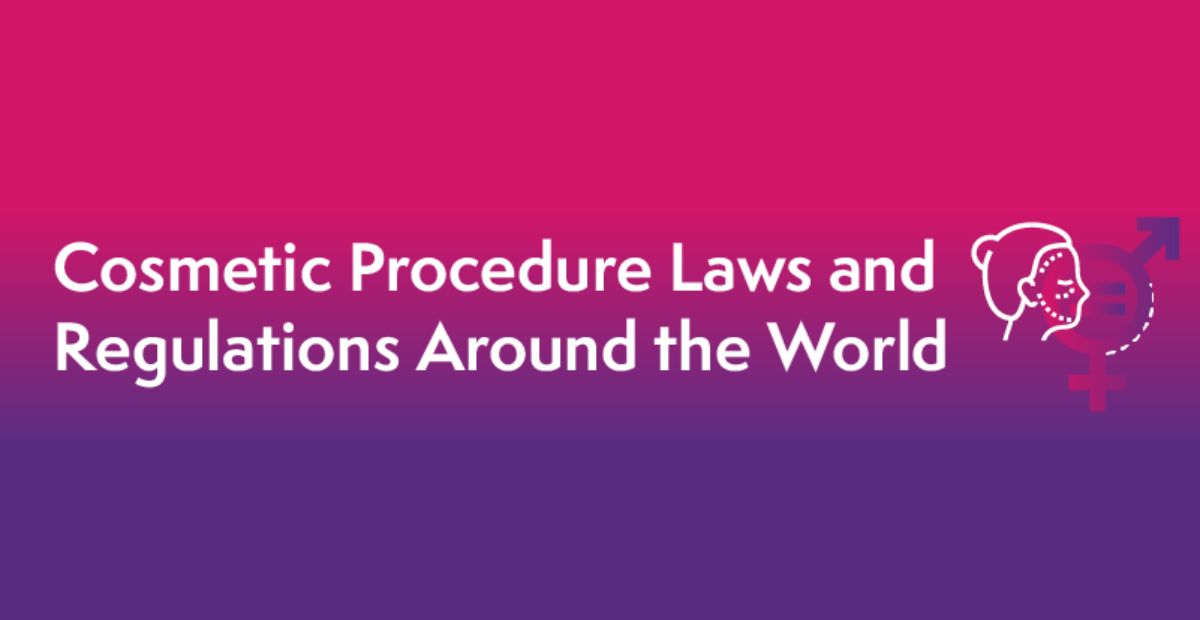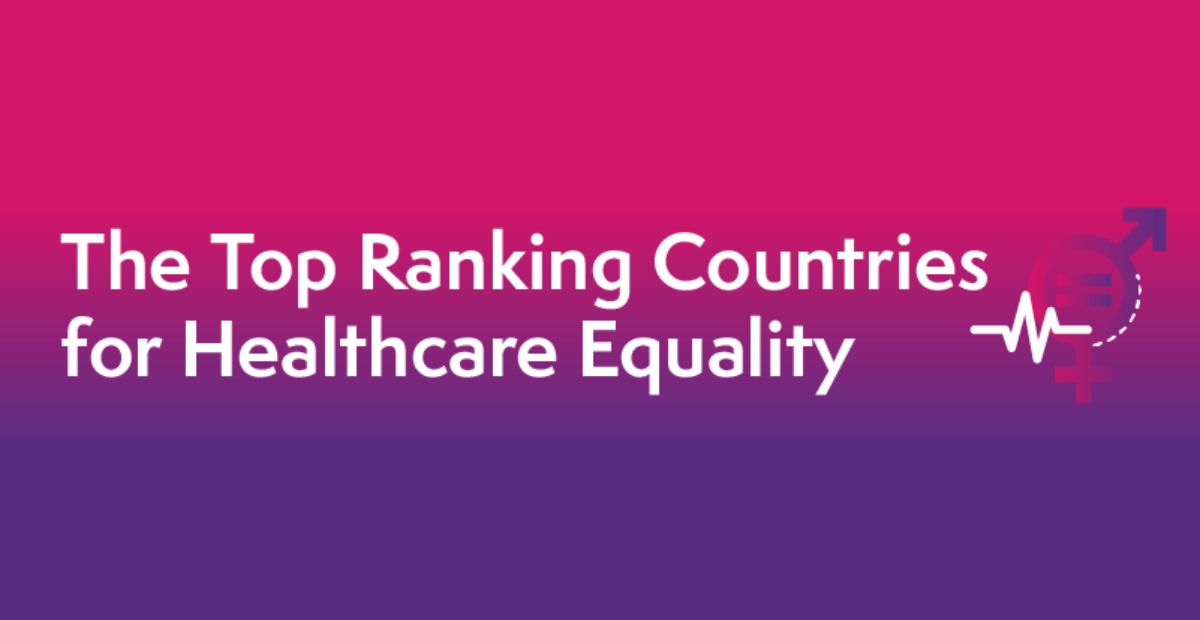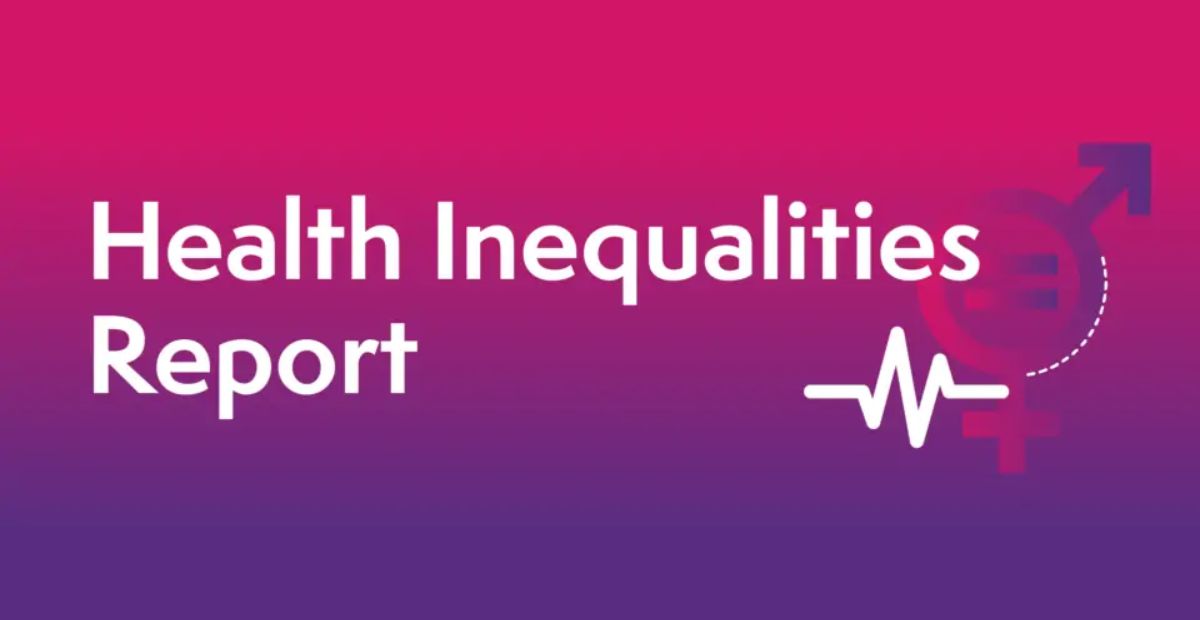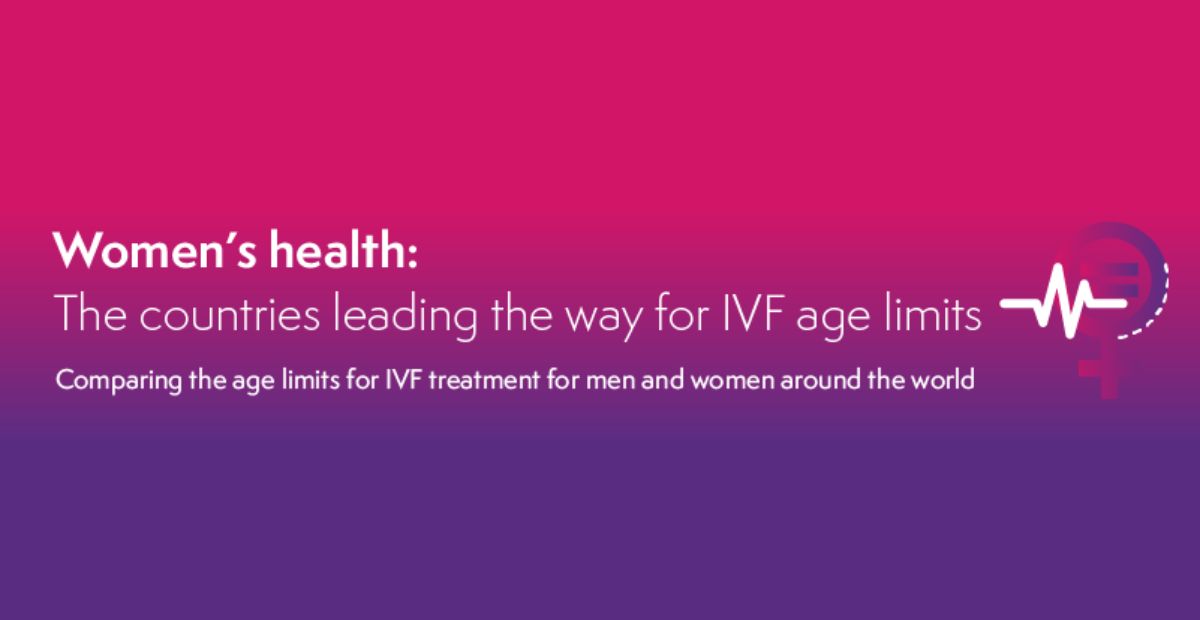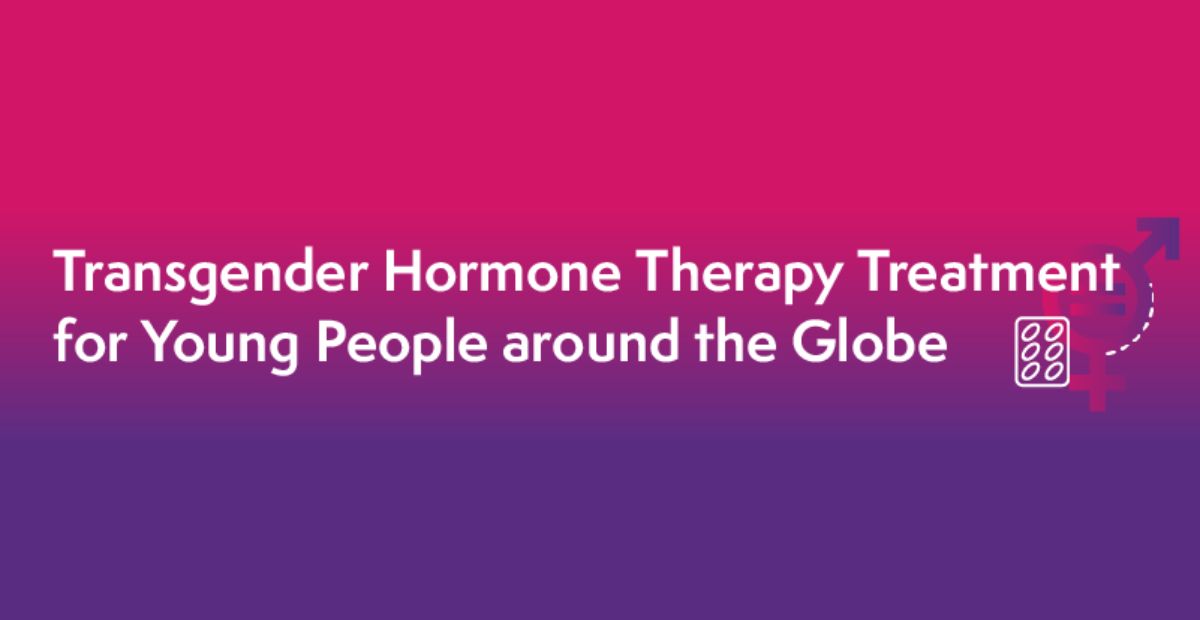Global Health
Global Health Inequalities Research
Radar Healthcare’s Global Health Inequalities Research
Which healthcare systems around the world are deemed the fairest for patient equality, based on the current laws and regulations in place?
When it comes to injustices around the world, one of the most worrying topics is that of medical and health inequality. For instance, 68% of the countries included in the report don’t have access to free birth control at any age. There are many factors that contribute to this, ranging from laws, insurance policies, age restrictions, outdated views on gender, and much more.
How developed a country is in general also plays a huge part in residents’ access to the necessary healthcare for their needs, as well as how progressive their governments are with such issues as medical screenings, transgender care, and abortion rights, to name just a few.
With this in mind, here at Radar Healthcare we have carried out some in-depth research of 35 developed countries around the world to highlight and break down those which offer the best examples of health equality across gender rights.
Our Health Inequalities Report considers aspects such as how a country manages minority groups, surgeries, hormonal treatments, birth control options and more, to reveal which areas have the most areas to improve on to strive for true healthcare equality.
Dive into our various reports below…
